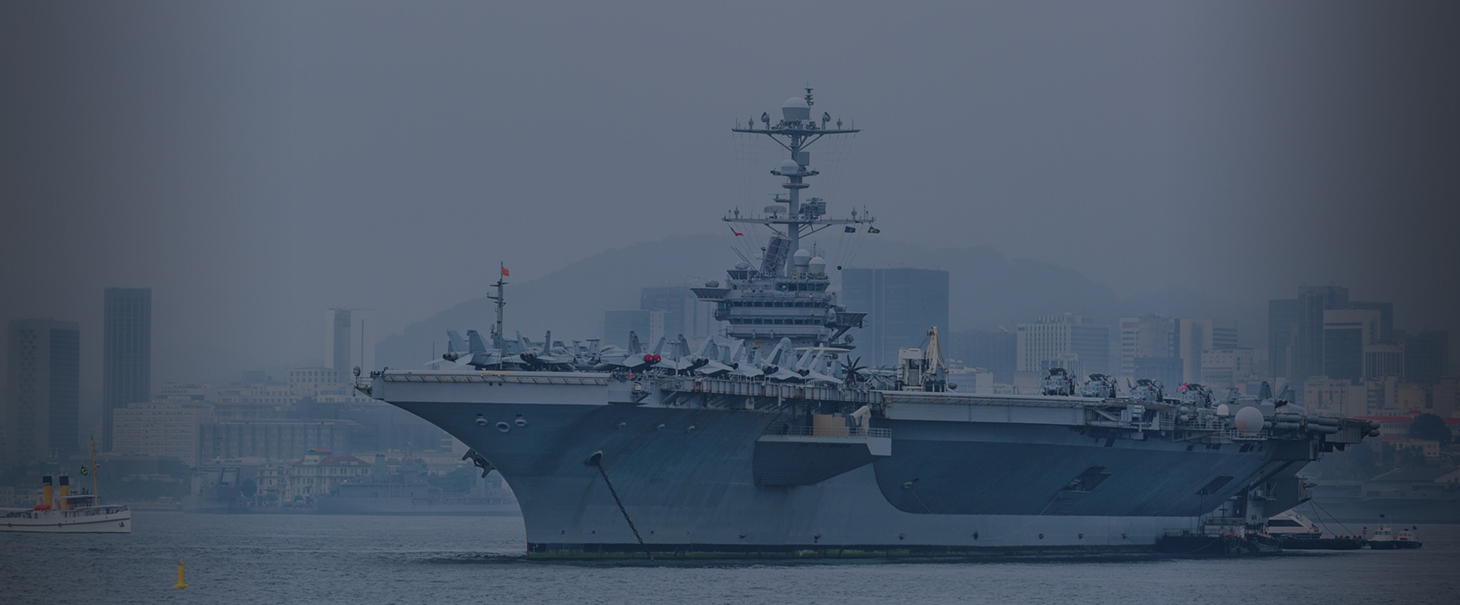EXPERT
Issues
Locations
DOWNLOAD
Can Iran really be a global partner in peace? U.S. President Barack Obama seems to think so. American and UN negotiators are in Vienna finalizing a nuclear deal with Iran. Whether you think this is a diplomatic victory or a catastrophic mistake depends on how you view the Iranian regime. Many are lauding the deal as the result of skillful negotiations and the willingness of the Obama administration to extend an olive branch to its longtime foe, in hopes of starting a new relationship based on trust, diplomacy, and respect. Obama said he hopes Iran will blossom into a “very successful regional power” in the Middle East. Others call it a reckless deal with the devil that will lead to a nuclear arms race in the most volatile and unstable region in the world. One which appeases a theocratic dictatorship with a despicable human rights record, a racist desire to destroy Israel and a history of genocidal intent against Christians and Jews. The issue provokes passionate and divergent opinions. Among other aspects of the complex agreement, it forces Iran to reduce its stockpile of uranium enrichment machinery – known as centrifuges — by two-thirds and dismantle about 97% of its low-enriched uranium. It prohibits uranium enrichment for at least 15 years at Iran’s two main known sites, Fordow and Arak. It’s worth noting, however, that both of these facilities were built in secret and originally hidden from Western inspectors. In other words, we can ban activities at known sites all we want; it’s the unknown sites that are cause for concern. Do we have reason do believe Iran continues to hide aspects of its nuclear program? The answer to this question is the major distinction between those celebrating and those lamenting the deal. The deal makes perfect sense, only if you trust Iran at its word. If you are skeptical of Iran, you should be skeptical of this deal. Unfortunately, the Islamic Republic has done little to earn our trust. The regime is the world’s biggest state sponsor of terror. It funds and trains members of the Taliban, Hamas, and Hezbollah. Iran practices extra-judicial killings, without trial and often without cause. The Iranian government executes gay men in public hangings. In April of this year, Iran violated UN sanctions by purchasing advanced surface-to-air missiles from Russia, thereby quashing the possibility of a preemptive strike against Iran’s nuclear facilities. Iran showed hostility earlier this year by sending warships and weapons to aid rebels fighters in Yemen. It is already asserting its regional power — as a bully and aggressor. Despite the peaceful façade of Iranian negotiators in Vienna, Iran’s actions speak louder than words. Obama is placing a great deal of trust in a regime that doesn’t deserve it. The White House claims the agreement is not based on trust, but on verification. This argument comes apart, however, when you consider Iran’s history of hiding its nuclear program, the lack of clear information coming out of Iran, and Iran’s belligerent activities on the world stage. For the U.S. to verify Iran’s nuclear activities, it must rely on cooperation. This again comes back to trust. The Stephen Harper government, on the other hand, put out a terse statement saying Canada “will continue to judge Iran by its actions not its words.” Given Iran’s actions in recent history, Harper’s reaction seems like the reasonable one. Read the original, from Toronto Sun, here.


 Candice Malcolm
Candice Malcolm